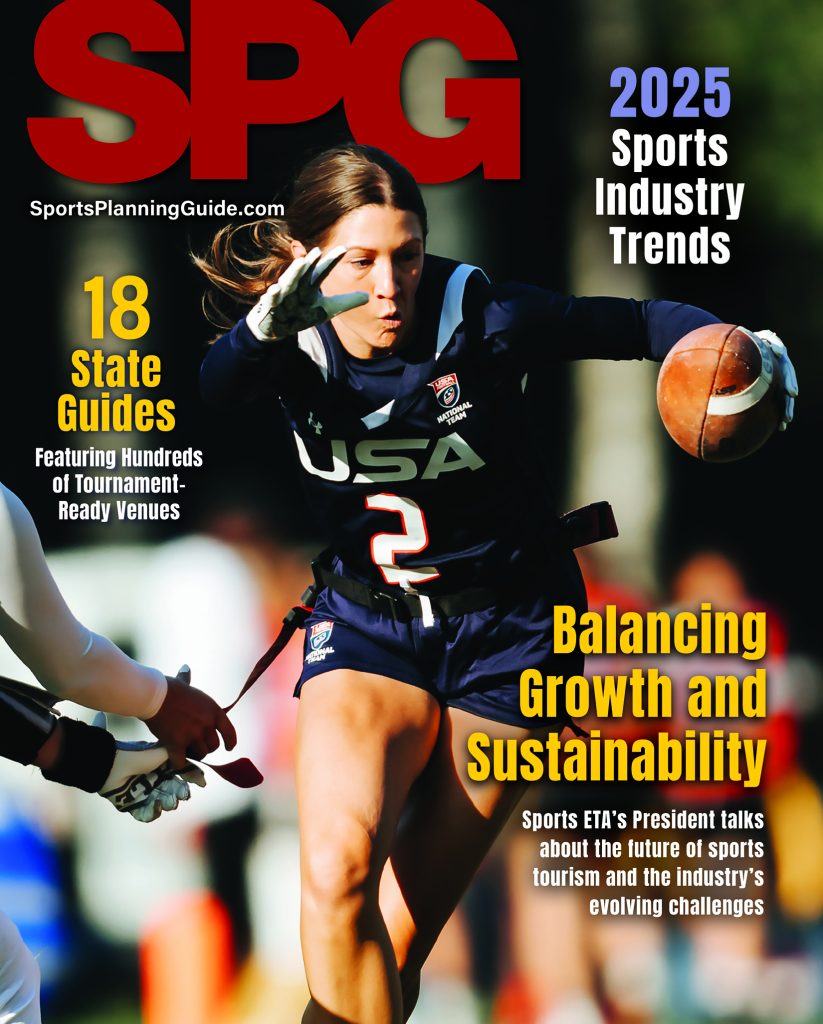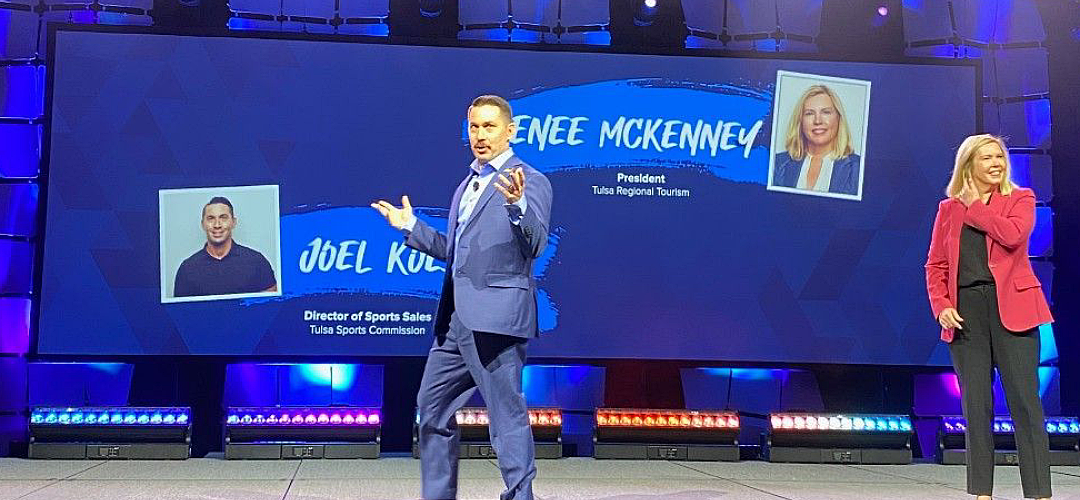Today’s ever shifting landscape can prove challenging for even the best organizations. In our work assisting destinations and national governing bodies of sport, we see five themes consistently surfacing, which to us indicate trends worth watching.
Trend #1 – The bid fee world is changing dramatically. Host cities are less willing to pay bid fees, and are more and more looking for a financial partnership with event rights holders. This shared risk-reward model is becoming more prevalent every day. In addition to diversifying risk, many host cities want an equity stake in the events they host (that is, a share of the event’s financial upside). All of these factors lead to the fact that in many instances, the sports tourism game is more about money than heads in beds.
Trend #2 – Management structures are evolving. Over the past year, several sports commissions have merged into convention bureaus. At the same time, many small and mid-sized markets have spun their sports commissions out of their DMOs. On the event side, we have seen a major increase in outsourcing in the areas of sponsorships, event execution, public relations, and new media activation.
Trend #3 – Destination management companies and sports commissions are taking a more active role in venue development and management. Several CVBs, sports commissions, and rights holders are now taking equity stakes in building and managing venues. Cities such as Evansville, Tulsa, Spokane, and Shreveport have taken a swing at the plate of building and operating new venues. And there are more to come.
Trend #4 – The third party housing industry has a windy road ahead. Hotel rebates are coming to a head, with at least one major hotel brand looking to institute a cap on commission and rebate programs. The challenges of protecting rate integrity and of tracking room blocks and rebates (especially in the individual sports) has forced the industry to revisit housing in its totality.
Trend #5 – Board governance issues are popping up throughout the entire sports events industry. Volunteer leadership challenges can be found with rights holders, national governing bodies, sports commissions, convention bureaus, virtually everyone. Our industry needs more formal and regularly administered board training. This should start with the orientation process, and include annual reviews of board member roles and responsibilities. Volunteers cannot be effective unless the organization gives them specific goals, expectations and direction. Many organizations ignore this area, and in the end, have to face the consequences when issues arise.
The year ahead promises to be another good one for our industry. At the same time, as leaders of our organizations we need to be in a position to address challenges before they happen. If we keep our ears to the ground for trends and anticipate change, we can better serve our companies and our communities.




